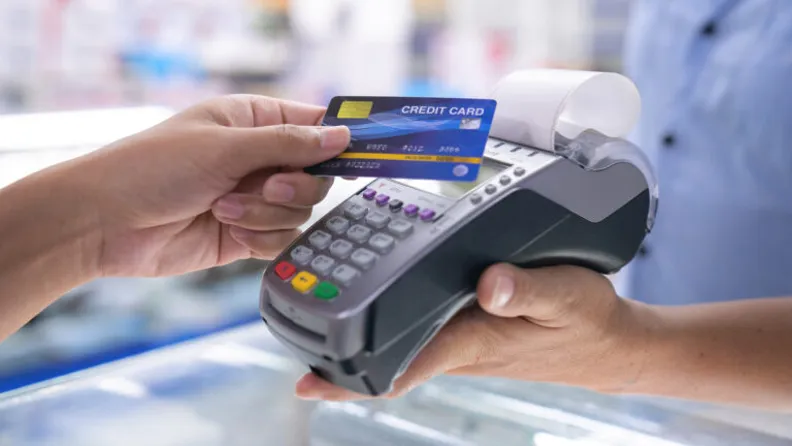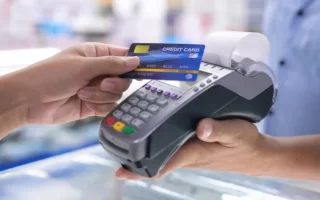It appears that credit card companies, rather than customers, are being spared when it comes to late payment fees, at least for now.
U.S. District Judge Mark Pittman on Friday paused a Consumer Financial Protection Bureau ruling that would have reduced late fees on most credit cards from $32 to $8. He granted a preliminary injunction filed by a group of business and banking groups against the bureau that had been scheduled to take effect today.
The U.S. Chamber of Commerce also joined the lawsuit, saying the rule is unconstitutional and that the fee is intended to discourage customers from making late payments. A preliminary injunction means the policy cannot take effect until the case is finally decided.
The CFPB’s policy, announced in March, also aims to prevent issuers from charging higher subsequent late fees or raising fees based on inflation.
The Consumer Financial Protection Bureau estimates that the policy will save American households more than $10 billion in late fees each year as part of the Biden administration’s efforts to cut so-called “junk fees.”
Here’s what you need to know and how to avoid credit card late fees.
Read more: 6 important dates you need to know about credit cards

What are the rules regarding excessive credit card late payment fees?
In March, the CFPB repealed a rule that allowed credit card issuers to charge late fees of up to $30 for a first delinquency and up to $41 for each subsequent violation. Issuers were also allowed to raise fees based on inflation.
After the CFPB reviewed the practices of large credit card issuers (those with one million or more open credit card accounts) and determined that those issuers were not complying with the Truth in Lending Act’s requirement that penalties must be “reasonable and proportionate,” the CFPB voted to implement a so-called “final rule” on the so-called “safe harbor threshold amounts” in the Truth in Lending Act.
The new rules don’t apply to smaller credit card issuers, which the Consumer Financial Protection Bureau recently found charge lower interest rates and fees overall.
The CFPB found that the safe harbor limits were much higher than what large credit card issuers had to charge, and that subsequent fees for additional violations were high enough to make it difficult for consumers to pay their accounts in the future.
But the lawsuit says the CFPB’s new policy will ultimately limit consumers’ access to affordable consumer credit and penalize responsible credit card holders by charging them higher interest rates.
“This ruling is a significant victory for responsible consumers who pay their credit card bills on time,” Maria Monaghan, legal counsel for the U.S. Chamber’s Litigation Center, said in a statement after the Northern District of Texas court granted the chamber’s motion for a preliminary injunction.
How to Avoid Credit Card Late Payment Fees
The best way to avoid credit card late fees altogether is to pay your credit card bill on time each month — preferably in full to avoid interest. Payment history is the largest component of your credit score, so late payments can also cause your credit score to drop.
In addition to late payment fees, paying your credit card balance late will cause you to lose your grace period, so new purchases made with your credit card will start accruing interest immediately. If you take advantage of a 0% introductory APR offer, you may also be subject to a penalty APR.
Even if you can’t pay the entire balance, it’s important to make at least the minimum payment each month. If you have trouble keeping track of payments and due dates, here are some helpful tips:
- Set up reminders and automatic payments on your credit card website or app for at least the minimum amount.
- Contact your credit card issuer to change your credit card payment due date to a date that makes it easier for you to remember when your bill is due.
- Pay online or by phone to avoid late fees due to delayed mail delivery.
The editorial content of this page is based solely on the objective, independent assessment of our writers and is not influenced by advertising or partnerships. It is not provided or commissioned by any third party. However, we may receive compensation when you click on links to products or services provided by our partners.


